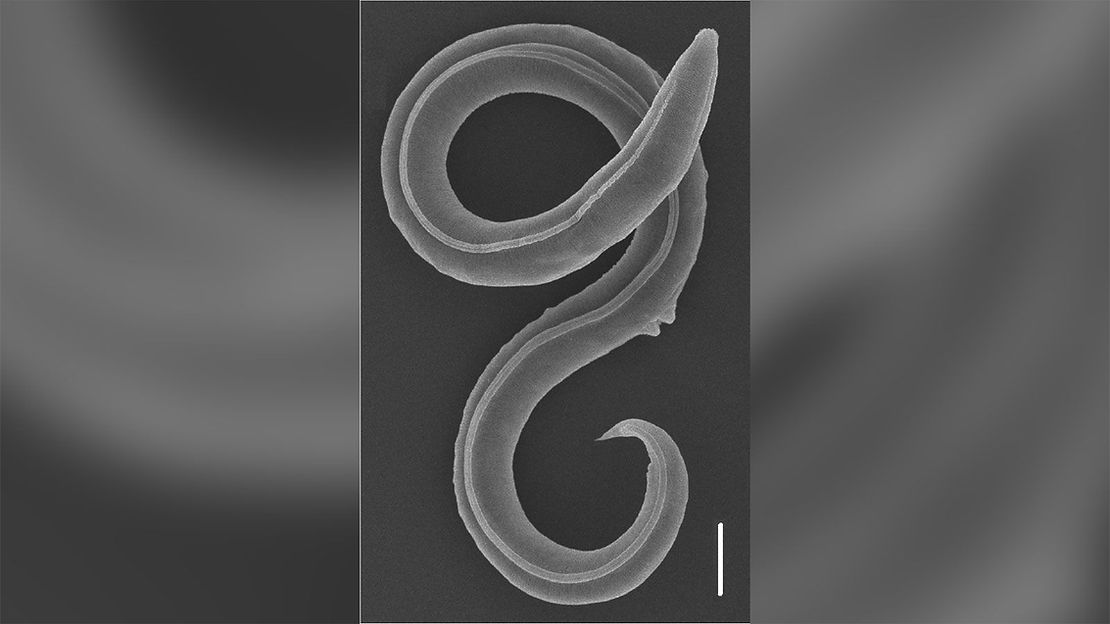By: Alex Wang
In a fascinating revelation that has left the scientific community astounded, a team of researchers from Siberia has successfully resurrected ancient roundworms, or nematodes, that have been entombed in the permafrost for thousands of years. This groundbreaking discovery, reported by The New York Times on July 29, 2023, opens a window into the past and offers a glimpse of life frozen in time[CG1] .
The study, led by Dr. Marina Petrova and her team at the Institute of Physicochemical and Biological Problems in Soil Science, has unraveled a captivating tale of survival and resilience. The nematodes, dating back 42,000 years, were extracted from the permafrost in the vast Yakutia region of Siberia, an area known for preserving ancient organisms in pristine condition[CG2] .
Dr. Petrova, beaming with excitement, shared her astonishment at the discovery: “We were hopeful of finding some preserved specimens, but to see these roundworms come back to life after millennia is truly remarkable. It’s like unlocking a time capsule of Earth’s history.”
Nematodes, commonly referred to as roundworms, are tiny, unsegmented worms that inhabit a variety of environments, from soil to freshwater and even marine environments. They have a simple body structure and are known for their remarkable ability to withstand extreme conditions. This resilience has allowed some nematodes to survive in a dormant state within the permafrost for thousands of years.
The researchers carefully extracted the ancient nematodes from the permafrost and placed them in a controlled environment conducive to revival. Astonishingly, after thawing, several of the tiny creatures exhibited signs of life, slowly wriggling back to animation.
Dr. Petrova emphasized the significance of the discovery: “Studying these ancient roundworms gives us invaluable insights into how life can endure the test of time and adapt to the harshest conditions on our planet. It has far-reaching implications for our understanding of evolutionary processes and potential survival strategies for life on other celestial bodies[CG3] .” This means that these works are an important discovery on how organisms can endure and adapt to different conditions. It is truly amazing how these organisms give us great understanding of evolution and the survival of organisms.
The findings have captivated not only the scientific community but also the general public. News of the resurrected nematodes has sparked widespread interest and awe, with social media buzzing with discussions about the wonders of nature and the mysteries of the past.
As the research continues, the team is hopeful that the insights gained from studying these ancient roundworms may contribute to advancements in cryobiology and biotechnology.
Moreover, this discovery serves as a poignant reminder of the importance of preserving Earth’s fragile ecosystems, especially those threatened by the rapid pace of climate change.
In conclusion, the revival of ancient roundworms from Siberia’s permafrost has captured the imagination of the world. Dr. Petrova and her team’s groundbreaking research highlights the incredible adaptability of life on our planet and underscores the importance of exploring Earth’s past to better comprehend its future. As the saga of these resilient nematodes continues to unfold, scientists are left inspired by the wonders of nature and the endless possibilities of discovery that await us beneath the icy embrace of time.











